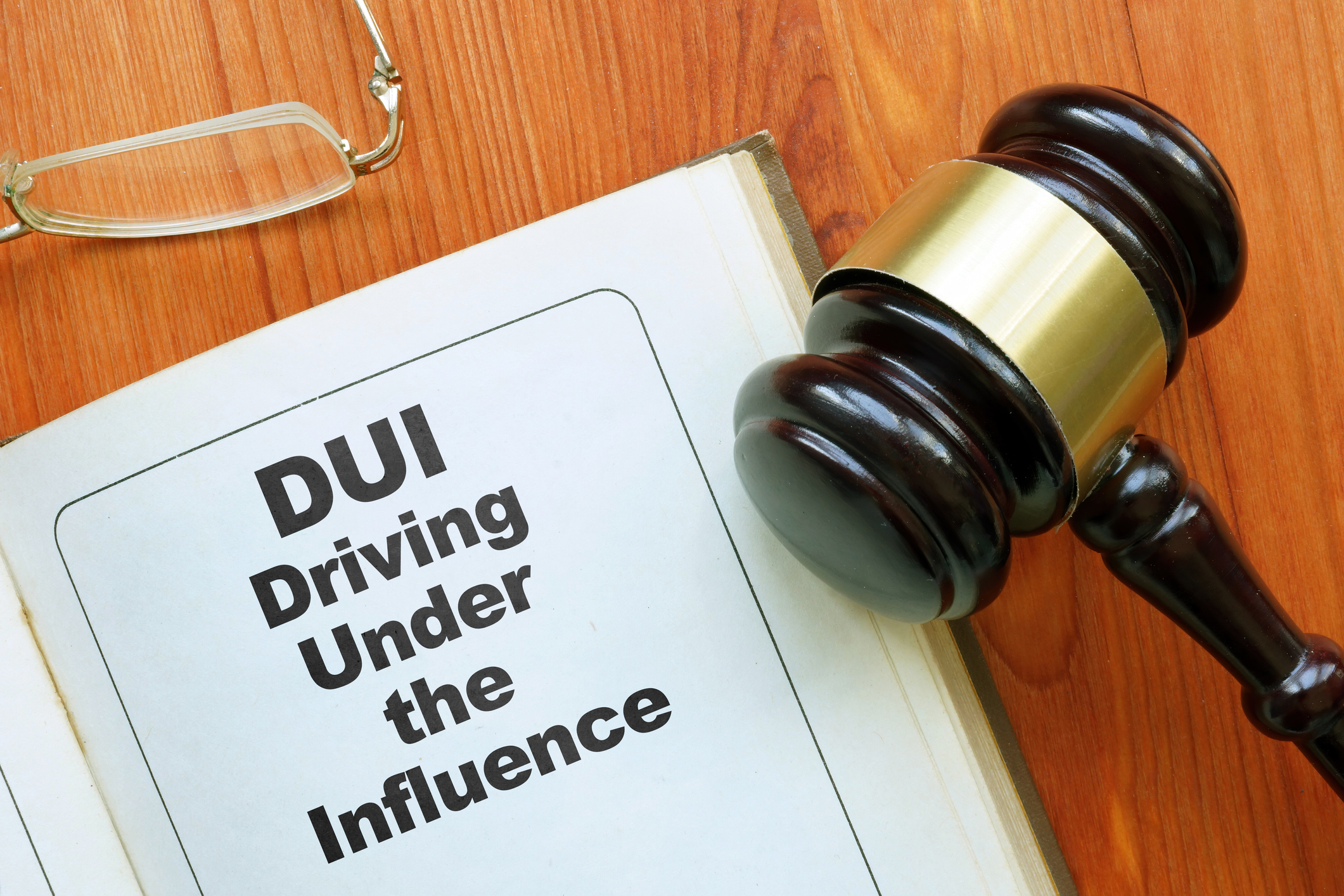What are Whiskey Plates? Whiskey Plates, are license plates required by certain Driving Under the Influence (DUI) offenders. You might recognize these plates on vehicles because they look different than regular Minnesota license plates. Whiskey Plates are black and white, and also start with a “W” followed by a second letter and four numbers. The original purpose of these plates was that they created a way for law enforcement to identify individuals charged or convicted of driving under the influence offenses. Basically, Whiskey Plates alerted law enforcement that the owner or driver of the vehicle may have a prior DUI. Even though Minnesota Law does not allow law enforcement to pull over a Whiskey Plate vehicle without reason, an officer may be more likely to pull a vehicle over for a small infraction simply because it displays Whiskey Plates. This is a good excuse for the officer to check if the driver of the vehicle may be impaired. In 2021, the law on the requirement of Whiskey Plates changed due to a Minnesota Supreme Court ruling and the recognition that most DUI offenders in Minnesota are subject to the Ignition Interlock system and therefore cannot even start a vehicle if there is a detection of alcohol in their system. This change to the law allows DUI offenders to enter into an Ignition Interlock Contract and pay fees associated with it and an agreement that allows the offender to keep regular plates on their vehicle. This is significant for a number of drivers who are subject to Whiskey Plates, because it allows them to avoid the stigma of having the Whiskey Plates on their vehicles, and it also likely reduces the chances they will be stopped by law enforcement for small driving infractions.
There are many rules on Whiskey Plates as well as rules on the Ignition Interlock Program. If you have questions on a DUI offense, Whiskey Plates, or the Ignition Interlock, please do not hesitate to contact me.

Written by: Tonya Hinkemeyer, Attorney at Rinke Noonan


